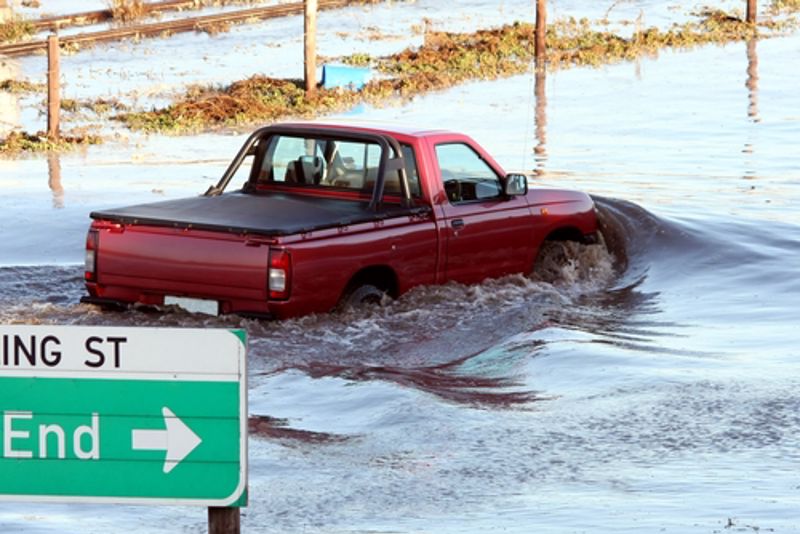The world is a constantly changing and unpredictable place, and it's common for businesses to find themselves facing the risk of emergencies. The companies that are best equipped to overcome those challenges are the ones that have planned in advance — conducting proper disaster analyses and putting appropriate measures in place to mitigate risk. Ideally, they've done so long before disaster strikes — as opposed to when it's already too late — placing themselves in the best position to survive and prosper even after a catastrophe. The COVID-19 pandemic caused major upheaval of supply chains, put stress on suppliers and caused the complete (albeit temporary) shutdown of certain industries, forcefully exposing the need for businesses to prepare for crisis.
What is a Business Impact Analysis?
A Business Impact Analysis (BIA) sits at the heart of a company's disaster management strategy. This constitutes a thorough assessment of a company's operations and is intended to identify vulnerable points in a company's structure (based on its specific business operations) that could lead to severe damage during an emergency. A strong BIA will specifically address financial costs and operational impacts, including delays in services, effects on income/sales, consumer dissatisfaction and any number of fines/penalties that could accrue while business is down. BIAs, however, are not intended to protect against any specific risk; rather, they are meant to help companies plan for a general disruption of their operations.
Even in normal times, there are numerous possible crises that could interrupt business operations, including a problem in the supply chain, labor disputes, natural disasters and utility failures. These risks are common enough that every company should prepare for the possibility of generalized disruption. For businesses that are serious about minimizing the risks posed by any number of risk factors, a BIA is a key component of any viable and sustainable business strategy.

Managing the pandemic
The pandemic plainly demonstrated the need for companies to prepare for multifaceted global crises. One of its immediate and most damaging effects was that it severely disrupted global supply chains. An enormous portion of the world's manufactured goods are produced in China and Southeast Asia, and early restrictions focused on containing the spread of the virus to those parts of the world. Panic-buying put immense pressure on retailers and led to global shortages of consumer goods like toilet paper, baker's yeast and sanitizer. Finally, national lockdowns decimated the hospitality, travel and tourism industries, as well as their peripheral industries. The widespread economic problems that followed were unforeseen but not unforeseeable, a fact that highlights the usefulness of planning for disaster long in advance.
Emergencies happen. Disaster strikes. Thoroughly assessing a business's critical vulnerabilities and taking seriously the risks posed to them is a vital step to ensure companies are prepared for the worst. As the pandemic started to take hold, many companies made the mistake of trying to implement a disaster management strategy when it was already too late. Such an approach is rarely effective and merely delays the impact of a crisis. By staying ahead of the curve and taking the necessary precautions when there is no immediate danger, businesses will ensure that they can sustainably and effectively weather any emergency they might face. KETCHConsulting is expertly skilled at helping businesses navigate the unpredictability of disaster management. Contact us today to start putting your strategy into action.

